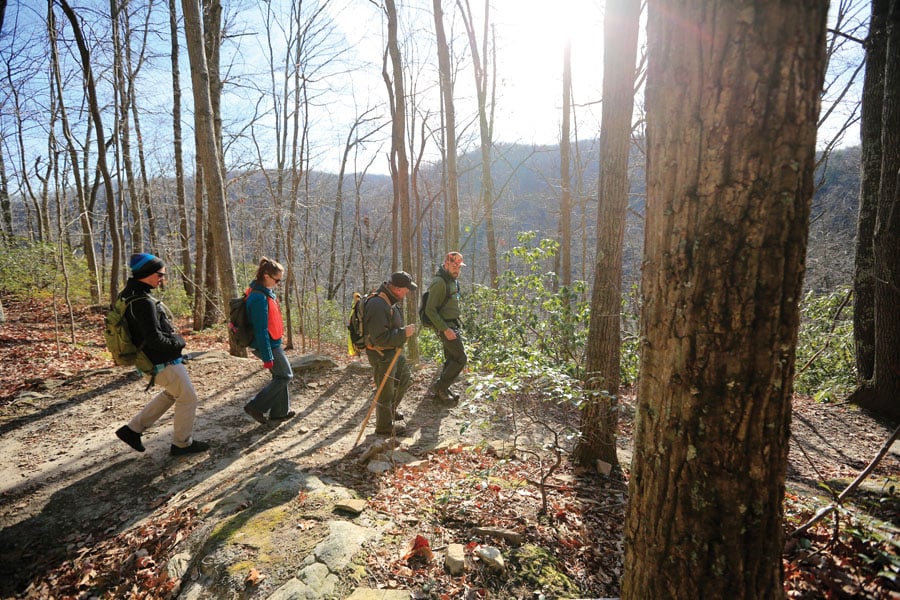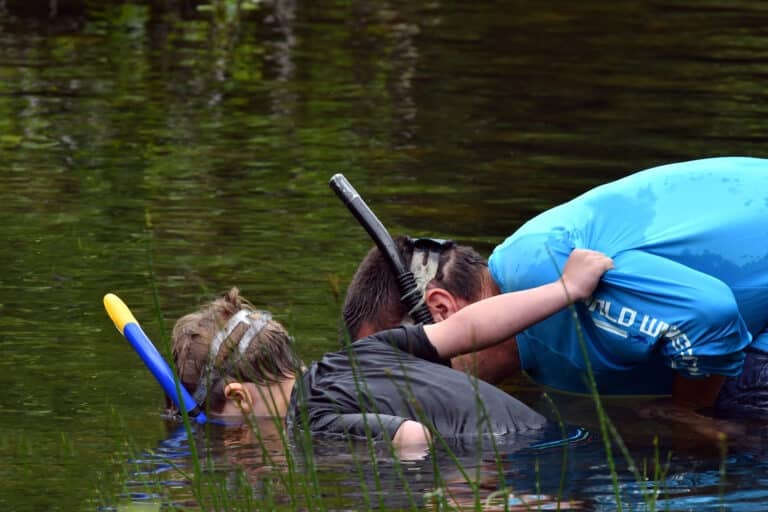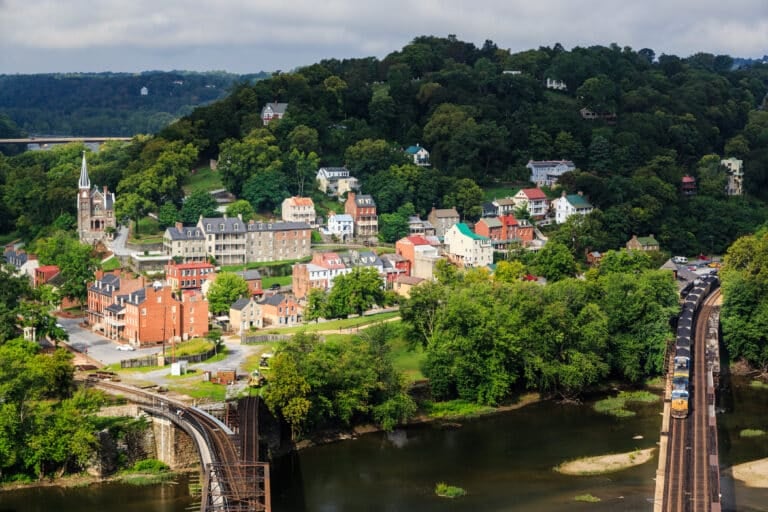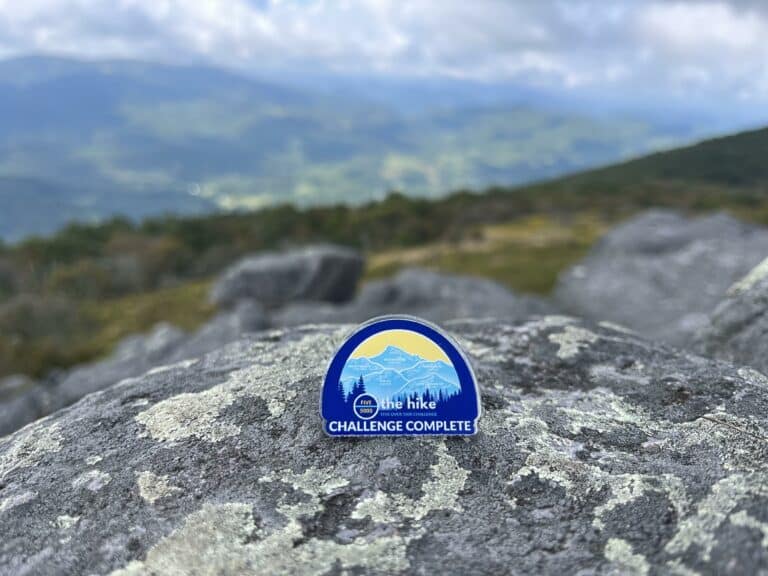The New River Gorge Area in southern West Virginia has long been recognized for its outstanding whitewater and climbing scene. But what does the future hold for this recreation hub?
Fayetteville, W.Va., as a recreation destination is old news. Paddlers have frequented the New and Gauley rivers since the dawn of the rafting industry in the mid-‘60s. Climbers have been racking up routes nearly as long, with development spiking in the late ‘70s and early ‘80s.
The quality of those natural assets is not lost on the recreation community. The New and Gauley rivers both regularly find their place on top 10 lists of the best whitewater runs in the world. Big projects from professional climbers the likes of Chris Sharma have put the New’s sandstone cliffs in the international spotlight.
But some worry that the world-class whitewater and climbing isn’t enough. The rafting industry in particular has seen a steady decline in customer numbers over the past 15 years. In 1996, over 250,000 guests rafted with a West Virginia outfitter on the New, Gauley, Cheat, Shenandoah, or Tygart rivers. In 2013, that number dropped to just over 112,000 rafters.
Still, dollars spent on outdoor recreation remain a huge part of the economy here. In 2006, America Outdoors released an economic impact study of the New River Gorge National River on the four-county region. The study concluded that visitors who came for a recreational experience on the river annually spent more than $130 million. A year later, Gauley Fest published its own economic impact study, which found that the 3,500 festival participants funneled over $1 million back to the local economy throughout the two-day event.
Recognizing an opportunity, the non-profit New River Gorge Trail Alliance (NRGTA) wants to create a network of multiuse trails spanning over 300 miles across six different counties, ultimately connecting Fayetteville to Canaan Valley.
“We already have the natural resources, and we already have population centers close by. We just don’t have enough recreational infrastructure,” says NRGTA volunteer Steve Jones. “Whitewater and climbing are not enough. You need something that’s dynamic, and mountain biking is one of the fastest growing adventure sports.”
Jones is one of the key grant writers for the NRGTA, comprised of over 20 organizations and businesses, ranging from the park service to the county government. Last September, the non-profit secured a $140,000 POWER grant from the Appalachian Regional Commission, which will pay for the planning needed to construct 150 miles of connective trails to pre-existing rail-trails and singletrack systems. Jones says the energy for the project, and the funds, are all there. The timing feels right. The challenge will be keeping the momentum in years to come.
“It takes long-term energy, not just short bursts,” says Jones. “We’re talking multi-year commitment. It’s a pretty mature process. It’s not just a group of people going out for a few weekends scratching some dirt.”
Fortunately, the New River Gorge Area has a dedicated core community, like New River Bikes owner Andy Forron. Born and raised just up the road in Summersville, Forron is deeply entrenched in the biking scene both as an individual and as a business owner.
He was thrilled by the number of tourists and locals who began exploring the Arrowhead Trail System when it was built in the New River Gorge in 2011. Forron is confident that this extended network of rideable trails will sustain that interest and begin to address some of the larger issues facing the region, namely health and employment.
Between 2007 and 2011, 34.4 percent of Fayette County residents did not engage in physical activity, which might explain the 33.4 percent obesity rate. Couple that with alarming trends in drug overdoses, consistently poor-ranking educational institutions, and an unemployment rate of 10.6 percent, and you have what many consider a recipe for disaster. Or, as the NRGTA sees it, a stage for change.
NRGTA President Bill Wells believes this expanded trail system will foster small business growth throughout the region and also improve quality of life for residents. Continually improving quality of life, he says, should attract larger industries to the area, which could help fill the void left by the declining coal industry. As the semi-retired Vice President of United Coal Company, Wells is well aware that the average $15,000 salary of most seasonal recreational jobs is not enough to sustain former coal miners used to a $60,000+ paycheck.
Construction has already begun on the four-mile Fayetteville Recreation Trail. If the NRGTA’s POWER implementation grant is approved, construction on the 150 miles of connector trails will begin this summer with a 30-month timeline for completion.








